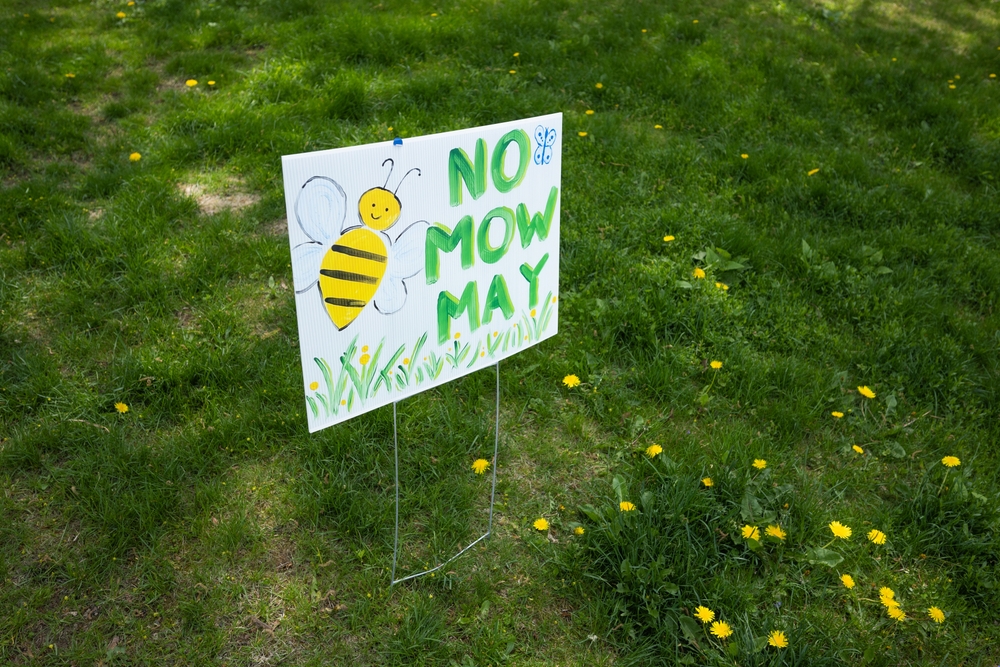“Work-related stress arises when the demands of work exceed the employee’s ability to cope and perform,” explains Jay Shetty, chief purpose officer of Calm, a wellness app, and author of Think Like a Monk: Train Your Mind for Peace and Purpose Every Day. But don’t worry! We may outwit stress and reach our maximum potential by identifying the indications and changing our behaviors.
The power of the 90-second break
Did you know that stress and anxiety chemicals pass through your body in just 90 seconds? Jay Shetty stresses the significance of incorporating pauses into our everyday activities. It’s time to uncover the enchantment of these revitalizing retreats.
Taking a break may seem like a simple thing to do, yet it is a skill that many people lack. Shetty explains, “We haven’t been trained on when to take breaks or how to do them.” Because of this lack of direction, people frequently transfer their stress from task to task, inadvertently lowering their overall well-being.
Now is the time to break down the hurdles that are impeding our break-taking routines. Shetty cites recent Calm Business research in which only one out of every three participants admitted to taking breaks. Why are breaks so uncommon? The main culprits are being overworked, feelings of guilt, and concerns about output. However, those who prioritize their mental health experience less stress and higher productivity. So, even though taking a moment for yourself may initially seem counterproductive, it will actually help boost your performance in the long run.
The three W’s
Shetty reveals his secret formula, known as the “Three Ws.” Let’s take a look at each one and see how these small breaks might improve our workdays.
Walk
A walk, whether outside in the sun or within the confines of your workplace, can do wonders for your stress levels. Shetty recommends going for a walk to clear your mind and refuel.
Water
Never underestimate the force of water! Staying hydrated with at least five cups of water every day can help to alleviate anxiety. So, keep a glass or a dependable eco-friendly water bottle available to fulfill your hunger for peace.
Window
It may appear strange, but staring out the window is a stress-relieving secret weapon. Shetty suggests going outside and staring out the window, away from screens. This relieves eye strain and provides a little relaxation. Bonus points if you can open the window and breathe in some fresh air.
Mindful renewal and increased productivity
Let us dispel the idea that breaks only distract us. Shetty reminds us that even a brief moment of mindfulness can have a significant impact on our mental health. Breaks, by alleviating stress and anxiety, serve as catalysts for enhanced productivity and well-being. It’s a win-win situation for everyone!
Breaks have become our hidden weapons against stress and anxiety on our path to work zen. So, let us embrace the art of taking breaks, refilling our glasses, and unleashing our full potential. Remember that even small breaks can have a major influence. It’s time to enter a world where productivity and happiness coexist peacefully.












